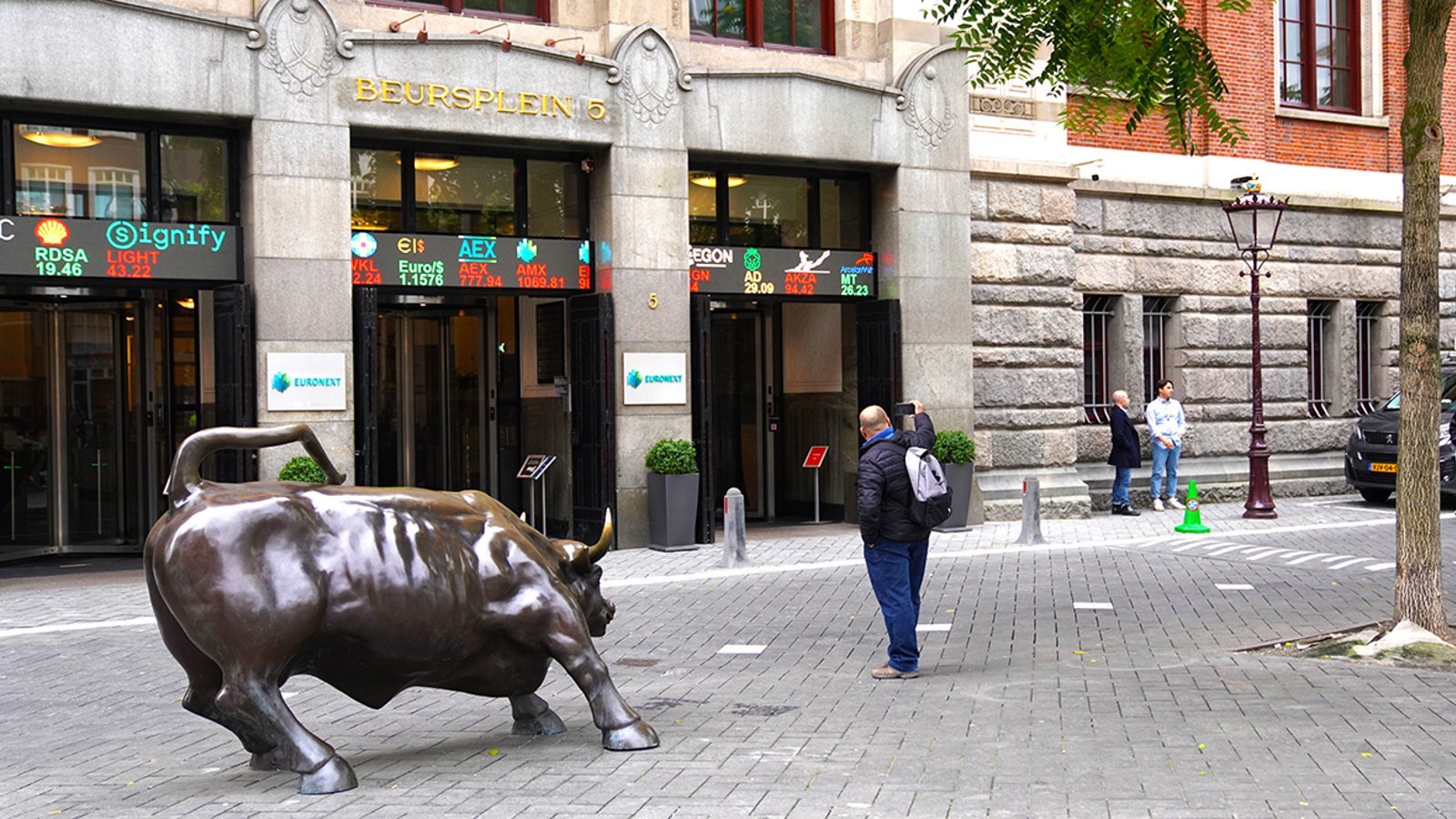SPAC IPOs continue in Europe, with Amsterdam in the lead
Whereas the American SPAC market seems to be on the decline again during the course of 2021, in Europe, and specifically on the Amsterdam stock exchange, there are still relatively many new SPAC listings. In 2021 in the Netherlands, there have already been several of these types of IPOs. The largest of these, Pegasus Europe, raised around €500 million in April 2021. This was followed by European FinTech IPO Company 1, which raised over €400 million a month earlier. Both SPACs are focussed on an acquisition in the FinTech industry. In total, Dutch SPACs have raised over €2 billion in 2021, well above last year's total of €110 million. It is noteworthy that to date, only one Dutch SPAC has actually completed the merger phase – Dutch Star Companies One, which was also the first SPAC on the Dutch stock exchange following its IPO in 2018. Two year later this SPAC merged with telecommunications company CM.com.




